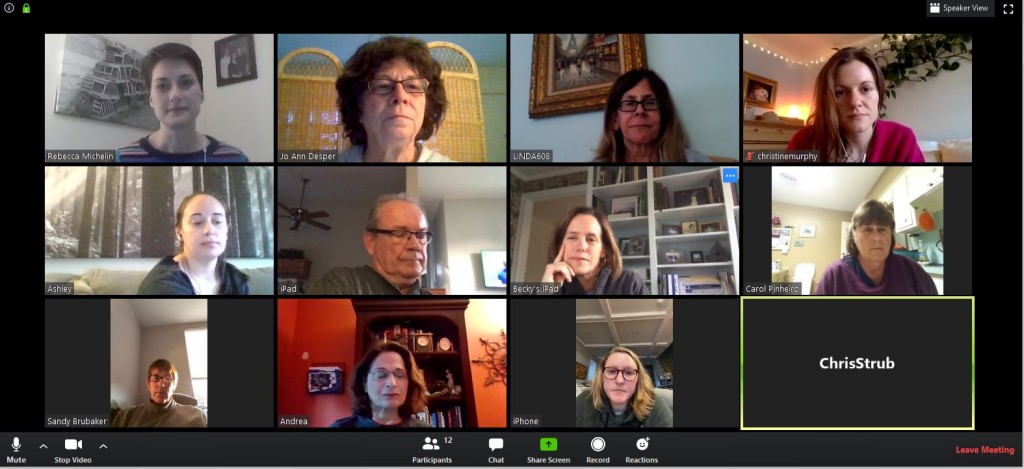
While human society undergoes rapid changes and we all make necessary adjustments to our daily routines, local wildlife have been going about their usual spring activities of breeding and nesting. The important work of the Wildlife Clinic must go on and our staff are adapting to our new “normal” as best we can under the challenging current circumstances.
“We are still coming in everyday to not only provide treatment for the animals that we already had in care when this all started, but we are also taking in more injured wildlife daily,” says rehab assistant Liz Ellmann. [pullquote]We are answering calls on our 24-hour wildlife hotline, and we are grateful for everyone that calls in looking for help with injured animals.[/pullquote]
It’s true that the wildlife hotline has been ringing non-stop with regular calls about injured and orphaned wildlife, and staff have been doing everything they can to provide accurate and timely responses. We have seen some noticeable changes in the demographics of calls we have received lately; for example, we’ve gotten more than the usual number of reports of nests of squirrels and mice in cars that are sitting idle in driveways. At the same time, the number of baby opossums brought to the clinic that have been orphaned from mothers being struck by vehicles has gone down significantly from previous years since there are fewer cars on the roads as people work more from home.
With social distancing rules in place, the Wildlife Clinic has had to ask our dedicated volunteers to stay home, and only our staff members have been coming in to care for our patients. [pullquote]The clinic has had to significantly reduce the number of patients we can accept to ensure we are providing the highest quality of care for as many animals as we can.[/pullquote] We are staying in touch with our volunteers and supporters through social media and online meetings, because we know how much their work at the clinic means to our volunteers- they miss the feeling of contribution and their important connections with the animals.
“We understand that this is hard for everyone, and I personally want to thank everyone that has been so understanding and so willing to do whatever it takes to make sure all the injured and orphaned wildlife get the chance that they deserve.” Liz continued. Assistant director Chris Strub adds, “We have been so grateful for finders who can help us reunite mothers with their babies. Not only does that help us reduce our numbers so that we can focus on animals who are truly in need, but mother animals know how to raise their babies best, so reuniting is always the first and best option for most young animals.”
The clinic is continuing to look forward, always keeping in mind that spring baby season has only just begun and we have several more months of increased intakes of baby birds and mammals to come. Like many organizations, we are turning to online interactions to substitute in-person activities. While we clearly can’t feed baby squirrels through an online meeting platform, we are producing virtual teaching modules and orientations for volunteers so that when we are given the go-ahead to reopen, we will have an eager crew of helpers ready and able to take on the important tasks of feeding many hungry little mouths.
As daily life returns to normal, whatever and whenever that may be, one thing will always stay the same- there will be injured, orphaned, and sick wildlife that need our help. And with the continued support of our community, dedicated volunteers, and incredible staff, the Wildlife Clinic at the Schuylkill Center will be there to provide professional, life-saving care to those in need.
